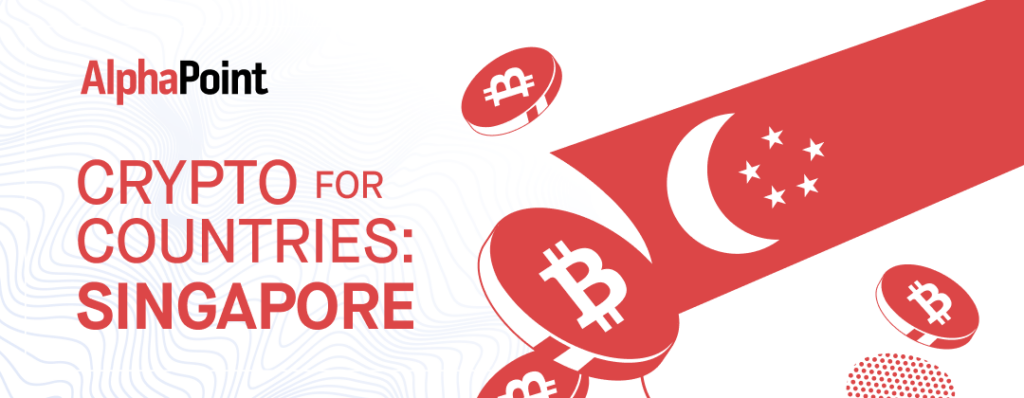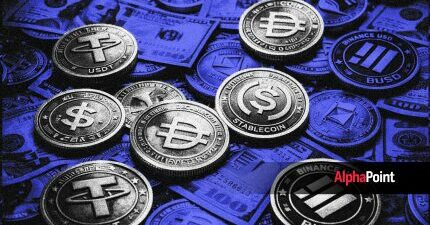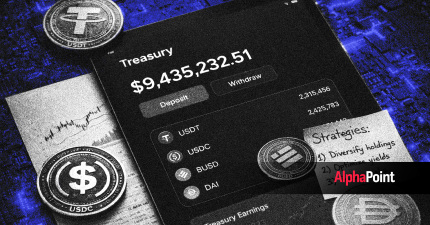Crypto For Countries: Singapore

Unlocking Global Crypto Potential: Singapore
Singapore ranked second place in crypto hubs 2023 list. CoinDesk reported that the country received the most mentions as the top crypto hub. The information came from a survey sent to around 30 crypto professionals.
Singapore plays a crucial role in boosting cryptocurrency adoption in the Asia-Pacific region. In 2022, cryptocurrency companies received $196 million in funding through 24 deals in the United States. Such financial empowerment aids in the country’s initiative to establish a secure economic groundwork for crypto businesses.
The country aims to strengthen its position as an international financial hub through digital innovation, including the development of fintech. Helping with the country’s crypto plans, its varied and talented workers make it a good place for crypto to be accepted.
Investing in Cryptocurrency
Investors are drawn to the city-state’s fiscal system due to the absence of capital gains tax, as reported by Statista. The estimated cryptocurrency ownership rate in the city-state is 19 percent, surpassing the global average of 15 percent. Overall, the growing number of licensed crypto service providers is a testament to Singapore’s commitment to becoming a prominent crypto hub.
Public Sector Awareness
As crypto interest grows in the country, many educational components have been crucial to establishing public awareness of digital asset usage. Singapore’s central bank and financial regulator, MAS, have been part of campaigns to raise public awareness. They warn about cryptocurrency risks and advise people to be careful and research before investing.
Public and private institutions organize educational events to teach people about cryptocurrencies and blockchain technology. The initiatives aim to educate people about the risks and benefits of these technologies. The goal is to help them make informed decisions before engaging in any crypto transactions.
Digital Currencies: Proof of Stake
Singapore universities and institutions offer blockchain and cryptocurrency courses and programs to educate students on these subjects. Both students and professionals looking to gain a deeper understanding of the technology can attend these courses. The courses explore proof of stake mechanisms to understand the best safeguards with cryptocurrency.
Blockchain and Fintech Events also help people learn about the impact of national crypto adoption and encourage social collaboration. Singapore has held many conferences and events on blockchain and fintech, with experts sharing their knowledge on cryptocurrencies.
Growth Potential: Financial Institutions
Some traditional financial institutions in Singapore, like DBS Bank, had started offering cryptocurrency services to their customers. These services may include cryptocurrency trading, custody, and investment options.
The Singapore government has also been supporting blockchain and fintech innovation through events like the Singapore FinTech Festival and regulatory sandboxes. This year’s festival, happening from November 15-17, will focus on the growth and use of Artificial Intelligence in financial services. These initiatives encourage the development of blockchain-based solutions and services.
The government has worked with the blockchain industry to create rules that balance innovation and protect consumers. The aim is to promote teamwork between the government and businesses to support the development of blockchain and cryptocurrency.
Building Crypto Educational Programs
Singapore has been actively promoting blockchain and distributed ledger technology (DLT) education and adoption. Some universities and educational institutions in Singapore offer courses or programs related to blockchain technology and cryptocurrencies. These programs can vary in depth and focus. Here are a few examples:
- National University of Singapore (NUS): NUS is a prominent institution in Singapore, and it has been known to offer courses related to blockchain technology and cryptocurrency. These courses may be part of their computer science or information systems curriculum.
- Singapore University of Social Sciences (SUSS): SUSS offers a range of IT-related programs, and they offer courses that touch on blockchain technology and its applications.
- Nanyang Technological University (NTU): NTU is another prestigious university in Singapore that offers courses and research opportunities in the blockchain field.
- Singapore Management University (SMU): SMU has gained recognition for its business and management programs. They have courses and research centers focused on blockchain technology from a business perspective.
Global Key Takeaways:
Regulations: Singapore has been quite forward-thinking in regulating cryptocurrencies and blockchain technology. Singapore’s MAS introduced a licensing system for crypto exchanges and wallet providers under the PSA, effective from January 2020. This framework aims to ensure that crypto-related activities adhere to anti-money laundering (AML) and counter-terrorist financing (CTF) regulations.
Crypto Exchanges: Singapore hosts several cryptocurrency exchanges, both local and international, which operate under the PSA framework. Some prominent exchanges with a presence in Singapore include Binance, Coinbase, and Kraken.
Blockchain and Fintech Innovation: Singapore has been actively promoting blockchain technology and fintech innovation. Various government initiatives and grants support blockchain research and development projects. The country’s government also launched Project Ubin, which explores the use of blockchain for interbank payments and settlements.
ICOs and Token Offerings: Initial Coin Offerings (ICOs) and Security Token Offerings (STOs) were quite popular in Singapore. Issuers had to comply with applicable laws in the regulatory framework, especially if their tokens were considered securities.
Crypto-Friendly Businesses: Singapore is home to many crypto and blockchain-related startups. Several companies and businesses in the country accept cryptocurrencies as payment for goods and services.
Promoting Innovation: Singapore’s universities and research institutions are actively researching blockchain and cryptocurrency, promoting innovation and talent development in this field.
Taxation: Singapore does not tax the purchase of cryptocurrencies as they are seen as digital payment tokens. However, the regulatory environment is subject to change, and tax laws can be updated.
Community and Events: Singapore has a vibrant cryptocurrency and blockchain community with regular events, meetups, and conferences. These events bring together a global audience of enthusiasts, developers, and experts to discuss and promote blockchain and crypto-related topics.
AlphaPoint Leads at Token2049
AlphaPoint sponsors TOKEN2049, Asia’s top crypto conference, as the crypto and blockchain industry experiences remarkable growth in the region. TOKEN2049 is an event that brings together the global crypto industry in Singapore. It aims to gather entrepreneurs, investors, developers, enthusiasts, and media from Southeast Asia. The purpose of this gathering is to shape the future of digital assets and more.
Connect with industry professionals, exchange ideas, and form partnerships at this event with 200+ speakers, 7,000+ attendees, and 250+ exhibitors. The AlphaPoint team at Booth K11 is ready to discuss all things crypto.
AlphaPoint Fosters Worldwide Growth
As a white label software company powering crypto exchanges, brokerages and wallets worldwide through a secure, scalable, and customizable digital asset trading platform, AlphaPoint has enabled over 150 customers in 35 countries to launch and operate crypto markets.
As a debut to this year’s event, we are honored to have served leading industry companies, such as Bitazza, Erx, and XSpring Digital, all based in the APAC region.
National Bitcoin Adoption
We helped build El Salvador’s bitcoin system and are excited to meet this year’s participants. We want to see how our software can support their digital asset strategies. Our services include an exchange platform, liquidity solutions, and custody tools.


